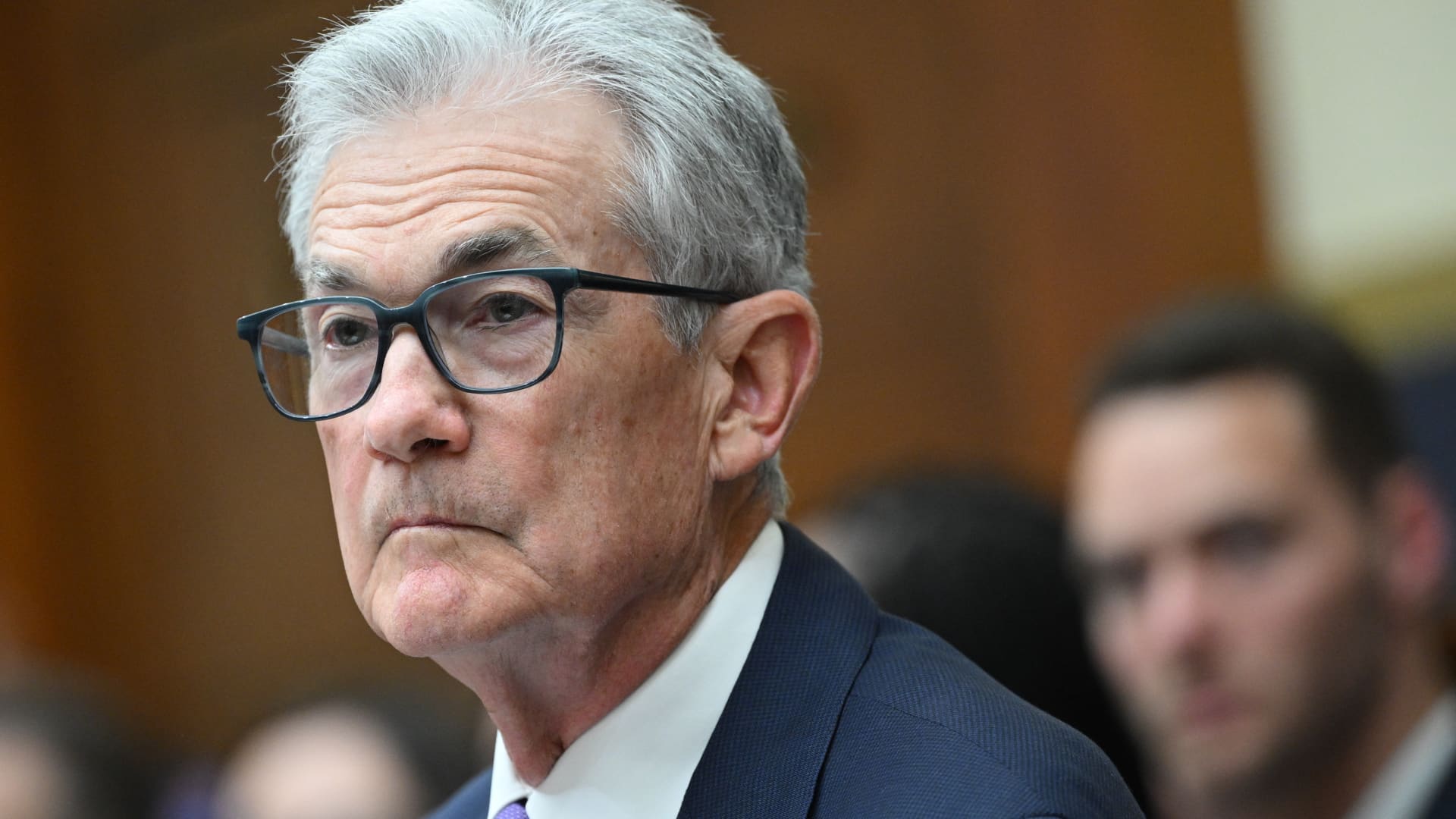The idea of the Federal Reserve creating a “digital dollar” is gaining traction, but a top US central banker said on Monday that he isn’t on board. Fed Vice Chairman Randal Quarles, the central bank’s top banking watchdog, said Monday that he doesn’t see the benefits of a digital dollar and that the new product would “cause serious hazards” to the financial system.
At the opening of his speech to Utah bankers, Quarles expressed his skepticism, stating that Americans have a tendency to fall in love with fads like “parachute pants” in the 1980s.
“ ‘It appears doubtful that a foreign central bank digital currency will jeopardize the dollar’s status as a global reserve currency or its role as the main currency in international financial operations.’
Randal Quarles, Fed Vice Chairman
More seriously, Quarles claimed that the proposal would turn the Fed into a “retail bank for the general public,” which would have a significant impact on the banking sector. “An system in which the Federal Reserve replaces commercial banks as the primary source of money for the general public might limit credit availability, radically disrupt the economy, and expose the public to a slew of unanticipated and unwelcome consequences,” Quarles stated. A digital dollar, according to some progressive Democrats, would improve Americans’ access to the financial system. They point out that many Black Americans are “unbanked” and have experienced prejudice from local banks. Financial inclusion is a “significant goal,” according to Quarles, but the solution is to make low-cost basic commercial bank accounts more broadly available. The Federal Reserve has indicated that it will issue a working paper on digital money in the coming months. Other members of Congress appear to be interested in a digital dollar because they don’t want the dollar to lose its place as the world’s reserve currency to China, which is working on a digital yuan. This concern, according to Quarles, is exaggerated. “It appears doubtful that a foreign central bank digital currency will jeopardize the dollar’s status as a global reserve currency or its role as the main currency in international financial transactions,” he said. The dollar’s DXY, +0.00% function in the global economy is based on a variety of pillars, including deep financial markets and the rule of law, according to him. Without legislation from Congress, Quarles believes the Fed will be unable to move forward with a digital currency. Quarles said he wasn’t against the formation of “stablecoins” based on the dollar, but he was against the creation of any cryptoasset that could compete with bitcoin. “Bitcoin and its ilk will very surely remain a risky and speculative investment rather than a revolutionary mode of payment, and they are thus highly unlikely to have an impact on the role of the US dollar or need a reaction with a central bank digital currency,” Quarles stated.
Continue reading




